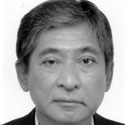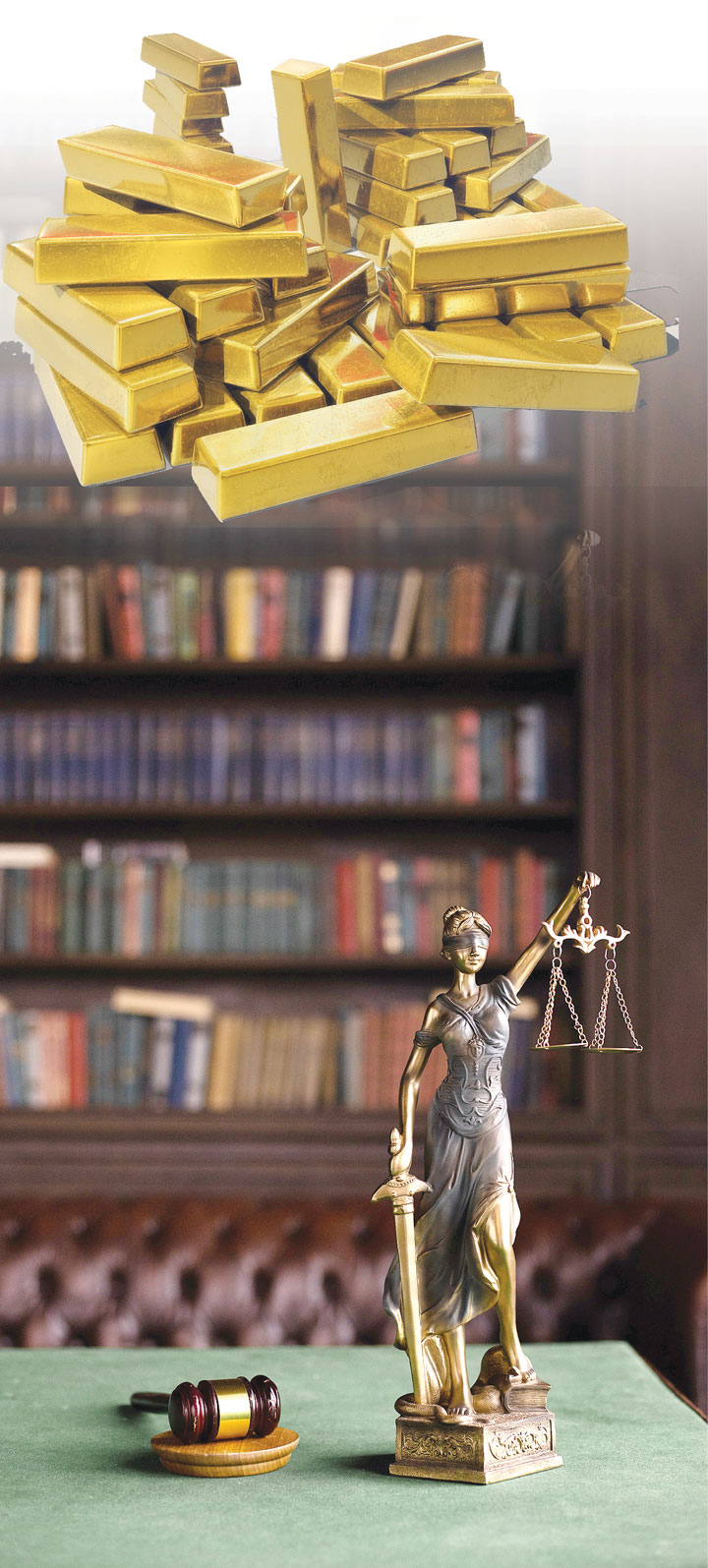
Earning Our Tomorrow
By Philip Ella Juico

A Rappler report by Lian Buan datelined Sept. 28, and entitled “Anti-graft court orders turnover to PH gov’t of P1B Marcos loot” was, by some strange coincidence, preceded by our piece on the July 28 Bloomberg report, “Where did Marcos hide his $10 Billion fortune?,” written by Haley Cohen Gilliland and Andreo Calonzo. The Bloomberg account is about the efforts of American lawyers Sherry Broder and Robert Swift to recover Marcos properties to pay for the compensation of thousands of victims of human rights abuses committed during Ferdinand Marcos dictatorial regime. The Buan article, on the other hand, chronicles separate efforts by another Philippine government agency, to recover the Marcos billions.
Rappler’s report said, “The latest win by the Presidential Commission on Good Government (PCGG) enforces a 1992 Hawaii court ruling that declared the Philippine government the legal owner of properties that the Marcoses took with them (in crates) to Hawaii when they fled.” It states that, “in one of those crates were bank certificates worth a hefty amount that could reach billions of pesos which the anti-graft court Sandiganbayan has just awarded in favor of the Philippine government in a new court win that adds to the judicial recognition of the Marcos corruption.”
“In a decision on Sept. 24, released on Tuesday, Sept. 28, the Sandiganbayan Second Division ordered the Royal Traders Holding Co., Inc. to pay the Philippine government P96.03 million and $5.4 million, plus ‘interest thereon of 12% per annum reckoned from February 1993, until all the amounts are fully paid.’”
Rappler’s Buan pulls out her calculator and, using current Peso-US Dollar exchange rates plus interest, estimated that the “award is in the range of P1 billion to P1.65 billion, the value of the items brought in crates to Hawaii. It adds to the P125 billion more that the Presidential Commission on Good Government (PCGG) needs to recover.”
The Sandiganbayan said in the decision penned by Associate Justice Oscar Herrera, concurred by Associate Justices Michael Frederick Musngi and Bayani Jacinto, that, “Judgment is hereby rendered ordering Royal Traders Holding, Inc., formerly Traders Royal Bank (TRB)/Traders Commercial Bank (TCB) to pay the plaintiff Republic of the Philippines the amount representing the face value of TRB/TCB issued bank certificates,” per the report of Buan. She adds that, “so far, the PCGG has recovered P174 billion, which the government has distributed to coconut farmers scammed by the Marcos dictatorship, as well as human rights victims during the dark years of Martial Law.”
Related closely to the Rappler report is the Bloomberg account as Buan writes, “The Sandiganbayan was enforcing a 1992 judgment of the Hawaii District court.” Buan’s report states that “The judgment of the United States District Court of Hawaii… upheld the settlement executed by Imelda Marcos as well as her right and authority when she assigned her interest as well as that of the estate of Ferdinand Marcos to the Republic of the Philippines, over the properties which include the TRB issued bank certificates.”
Given all these recent wins of the government, one starts to wonder if these amounts recovered by the PCGG form part of the purported offer to the administration of President Corazon Aquino by the dying Marcos, expressed to then Vice-President Salvador Laurel on Feb. 3, 1989 in a Hawaii hospital. Laurel wrote in a column in the Manila Bulletin that Marcos offered to turn over 90% of his wealth to the people and, retain 10% for his family in exchange for the Aquino administration permitting him to come home and “die in my country.”
If one goes back to the Bloomberg report, and refers to statements of lawyers Broder and Swift, there is still more to recover. According to the report, Broder and Swift are now focused on Marcos’s investment holdings in New York. The two lawyers claim that “Marcos deposited in 1972, $2 million in a Merrill Lynch account owned by Arelma, a Panamanian shell company set up on Marcos’s behalf.” The deposit is now worth about $41 million or about P2 billion. The account was discovered by the PCGG in 2000.
The Bloomberg report says Broder and Swift first learned about the deposit 20 years ago and have fought the Philippine government to claim it (for human rights victims) since. The matter, says the report, has bounced from court to court, plagued by delays and resistance from the US which has sided with the Philippines as part of an apparent effort to keep the country from drawing any closer to China.
Bloomberg says that, “now, in 2021, the case is again moving forward, if slowly, because of delays related to COVID-19. The waiting is frustrating but familiar at this point: Swift and Broder have been working on the case for 35 years.”
Indeed, 35 years later, reckoned from 1986, the Philippines is still grappling with the horrors of Martial Law and the excesses of the Marcos family. There are continuing attempts to revise history and portray Martial Law and the Marcos presidency as the most glorious days of Philippine history and the golden era of Philippine development.
There are, for example, repeated attempts to claim rice self-sufficiency during the Marcos regime. The undisputed truth of the matter is that there was some level of demand and supply equilibrium for one or, at most, two cropping seasons in 1974-75.
And now that another Marcos has declared his candidacy for the Presidency, he will, like the rest of the Marcoses, continue to face three basic issues and be held accountable for — the widespread violation of human rights, ill-gotten wealth, and organized graft and corruption.
In the meantime, recovery of ill-gotten wealth continues.
Philip Ella Juico’s areas of interest include the protection and promotion of democracy, free markets, sustainable development, social responsibility and sports as a tool for social development. He obtained his doctorate in business at De La Salle University. Dr. Juico served as Secretary of Agrarian Reform during the Corazon C. Aquino administration.